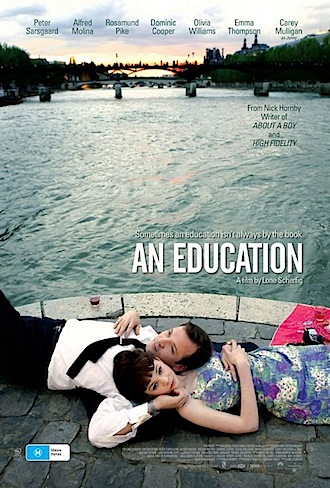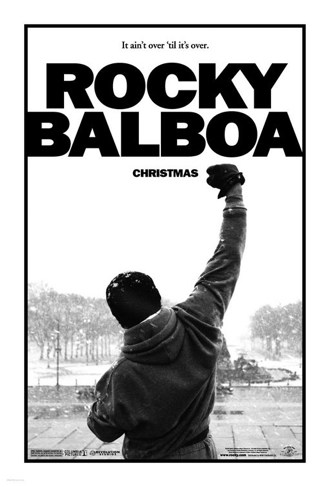The first thing to know about The Karate Kid is that there is no karate in it. This remake of the eighties favourite sends twelve-year-old hero Jaden Smith to China…
Read More

Twickenham in 1961 might well have been the most boring place on Earth. The 60s haven’t started yet (according to Philip Larkin the decade wouldn’t start until 1963 “between the…
Read More

This week Wellington gets a chance to farewell one of the titans of world cinema, an inspiration to many, derided by a few; an icon who walked his own idiosyncratic…
Read More
